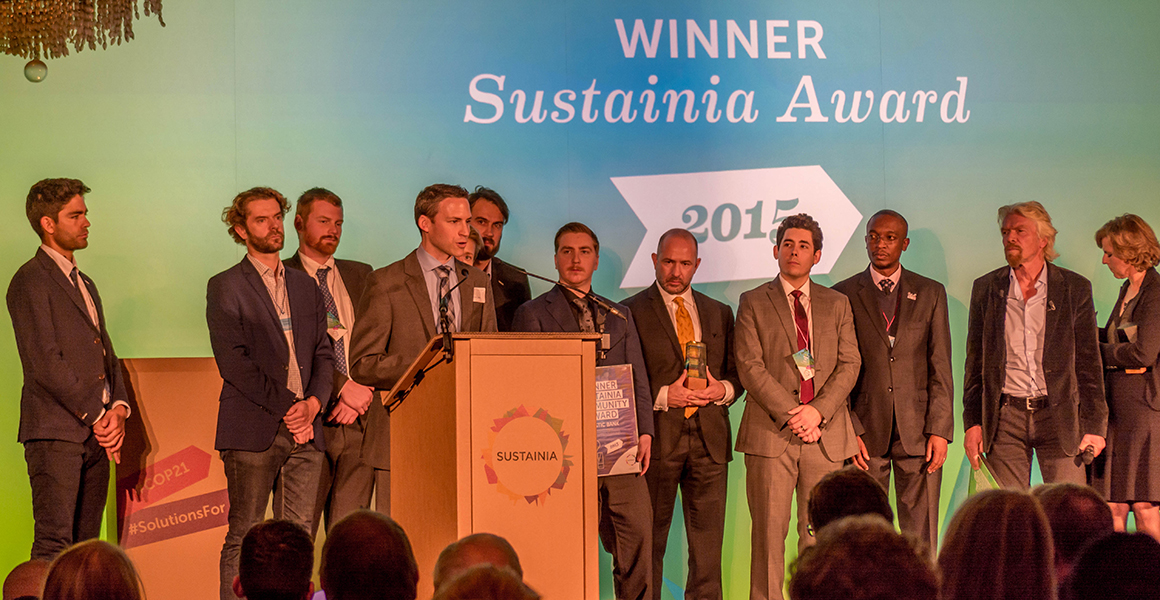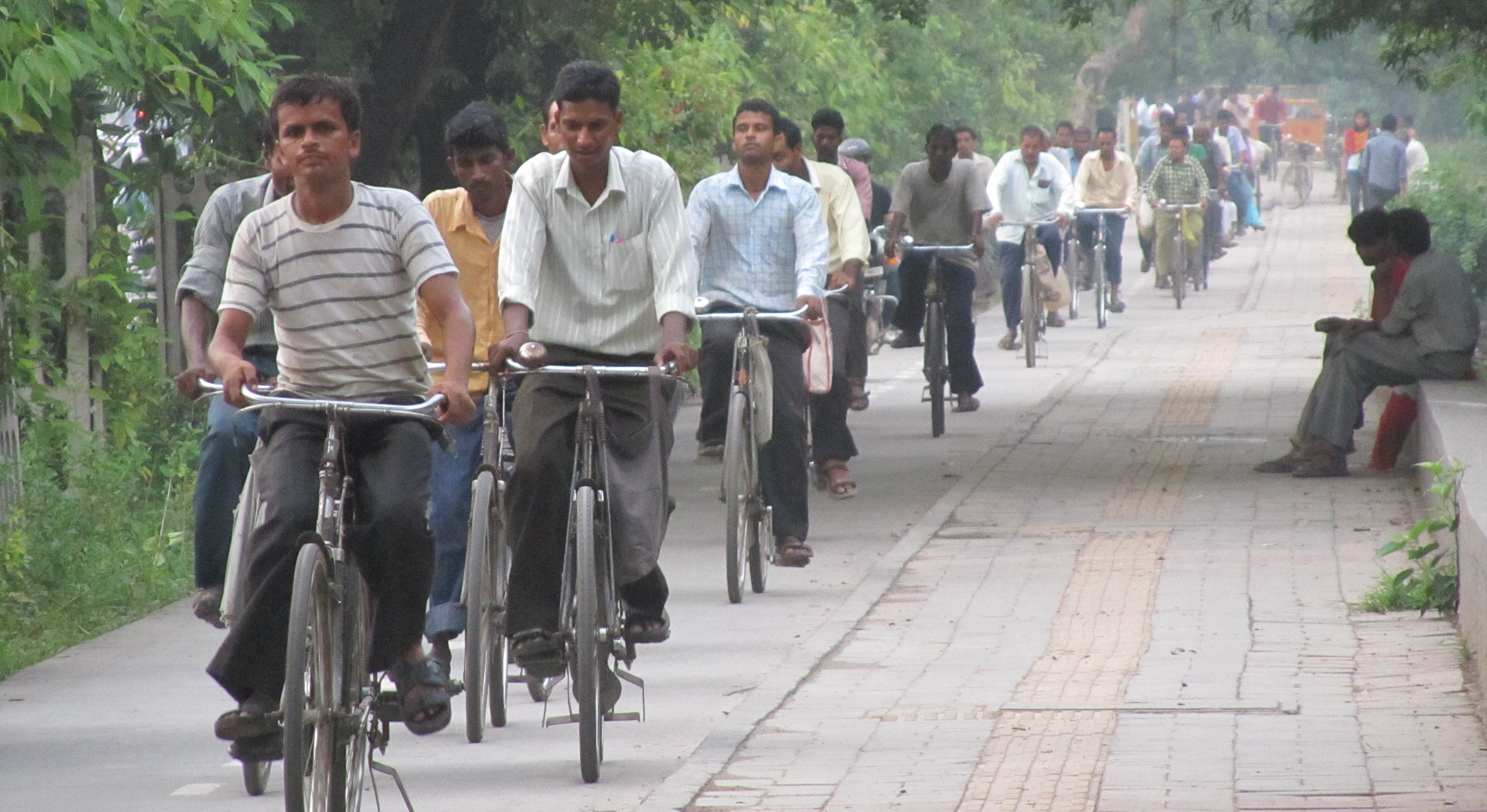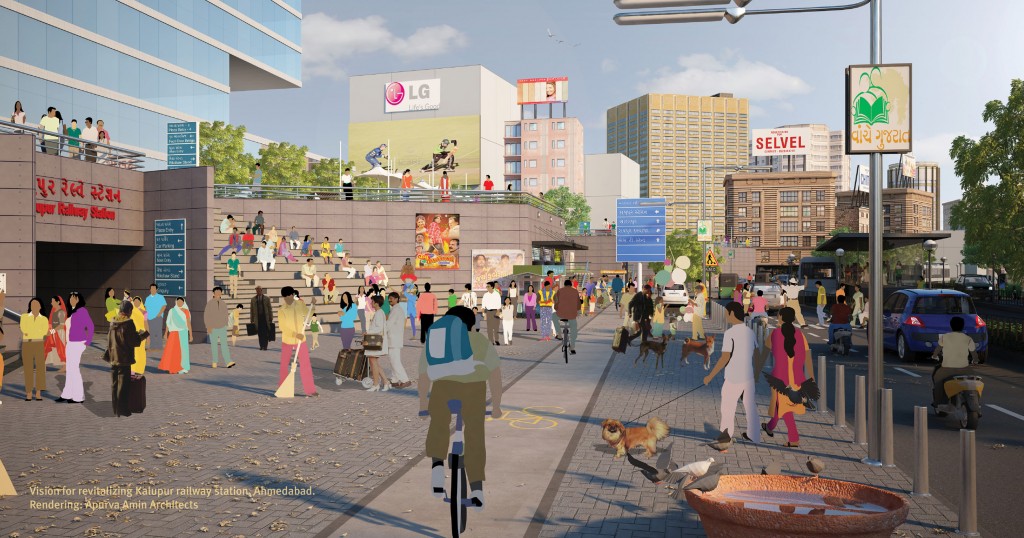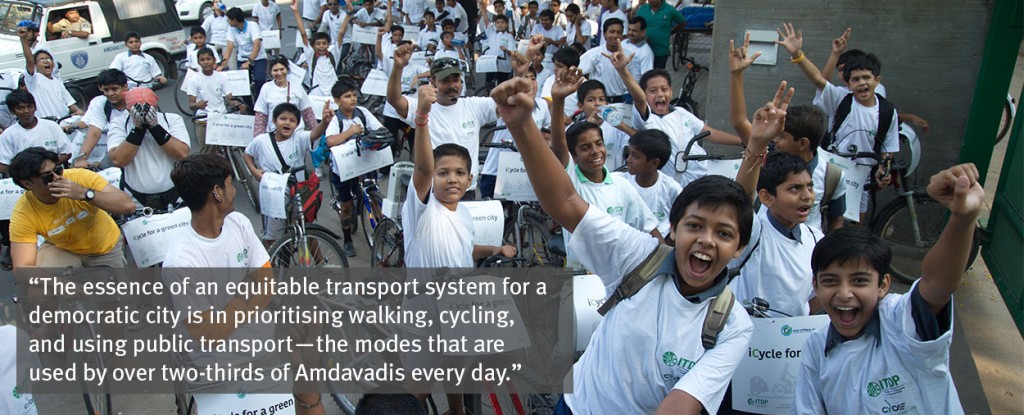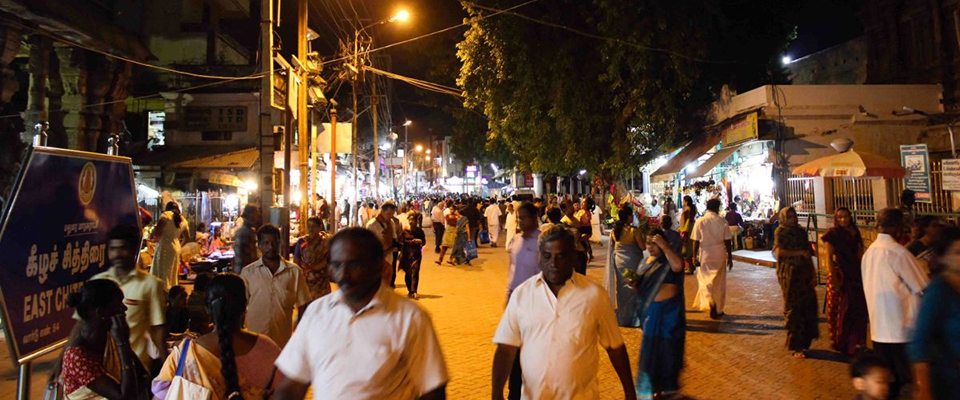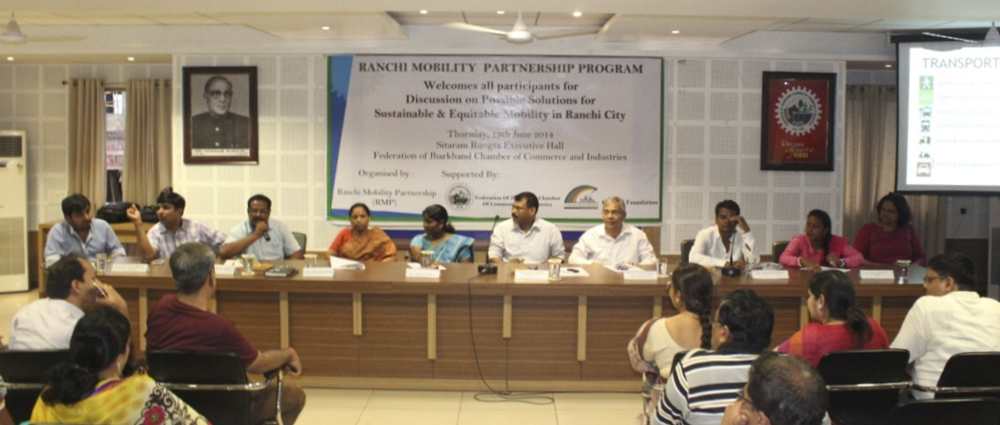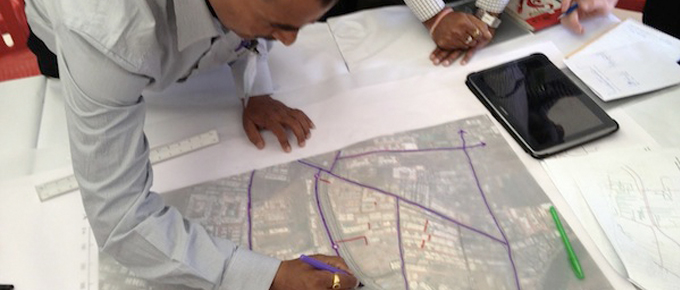Throughout the Paris Climate Summit, the transportation sector has been elevated and integrated at unprecedented levels. The sector has received significant attention from both technical and high level actors as a powerful tool to reduce greenhouse gas emissions, and national plans (INDCs) have adopted significant transport measures to support their commitments. Throughout the conference, a series of panels and side-events have highlighted the progress countries are making in integrating transport, and events like the Sustainia Award and Transport Day have further elevated the visibility of transport at COP21.
 At the Transport Initiatives Day under the Lima-Paris Action Agenda event, a range of high-ranking officials lent their weight and influence to advancing the role of transport in the global discussion, bringing increased visibility to sustainable mobility. The event featured insights from leaders in the transport sector and presentations of 10 examples of successful recent projects from around the world.
At the Transport Initiatives Day under the Lima-Paris Action Agenda event, a range of high-ranking officials lent their weight and influence to advancing the role of transport in the global discussion, bringing increased visibility to sustainable mobility. The event featured insights from leaders in the transport sector and presentations of 10 examples of successful recent projects from around the world.
Speakers noted that energy related CO2 emissions (including transport) are set to jump from one quarter of total energy-related emissions today to one-third by 2050. The projections also reveal that a 50% reduction of transport CO2 emissions compared to a “transport-as-usual” scenario can be achieved by 2050 with sustainable transport, without hampering sustainable economic growth. GEF CEO Naoko Ishii estimated that $11 trillion could be saved by 2030 by transport alone, with better systems and more emphasis on urban planning and compact, connected and coordinated cities.
Additional speakers at the event included Ségolène Royal, (French Minister of Ecology, Sustainable Development and Energy), Hanne Bjurstrøm, (Norway Minister, Special Envoy for Climate Change), and Manuel Pulgar-Vidal (Minister of Environment, Peru). Read more about the LPAA event
High level discussions by ministers and officials have been complemented by events highlighting specific plans that use sustainable transport to reduce nation’s emissions. A side-event moderated by ITDP, Linking Ambition to Action: Success Factors for Low Carbon Development Pathways in the Transport Sector, offered a platform to showcase best practices and inspire other countries to adopt similar measures.
Indonesia has pledged to build 29 new corridors of BRT in the coming years, while Ethiopia announced its intention to use transit-oriented development, centered around 3000 new kilometers of light rail, to spur growth while minimizing emissions impacts. These national plans can serve as models to other countries, providing incentives for others to take dramatic action and use similar tools to increase their reduction ambitions.
Transport Day
On Sunday, December 6, the 3rd Annual Transport Day brought together over 400 participants from a wide spectrum of transport modes and interests to affirm the pivotal role the sector plays in tackling climate change. The premier community building event for the sector, the all-day event included representatives from national and local government, transport sector organizations, development organizations, UN bodies, civil society and academia.
At Transport Day, Ramon Cruz, ITDP’s International Policy Program Manger, participated in a range of discussions, including commenting on innovative financial models supporting sustainable mobility. Bernhard Ensink, (European Cycling Foundation) and Lou Fulton (UC David) presented a new report from ITDP and UC Davis, A High Shift Cycling Scenario, which explores the significant emissions and financial savings possible if the world saw a significant shift away from personal vehicles and toward increased use of cycling, public transit, walking, and other sustainable modes.
Additional speakers at Transport Day emphasized the need for all actors to increase their ambitions, calling on the public sector to enhance capacity, the private sector to bring finance, and civil society to act as a catalyst for action. With the increasing prominence of transport, hopes were high that the sector will continue to play a large role in the global discussion, and that COP21 will prove a pivotal moment when policy ideas are turned into action.
Featured speakers at the event included Michael Replogle (SLoCaT Foundation Chairman and Deputy Transport Commissioner for Policy in New York City), Pat Cox (Former President of the European Parliament), and Jean Dominique Senard (CEO at Michelin).
Sustania Award
 As evidence of the increasing number of transformative transport projects already making waves around the world, the 2015 Sustainia Award was presented to the Corporation of Chennai for their work with ITDP to improve pedestrian and cycling conditions throughout the city. The award recognized the bold actions taken to commit 60 percent of the city’s transportation budget to non-motorized transport and the vision to dramatically expand Chennai’s pedestrian network. The city has already rebuilt 26 streets with wide, continuous footpaths, with 60 more streets announced. Notably, the improved streets have seen no new cases of road crash fatalities, highlighting the many benefits of sustainable mobility. The award came as Chennai was experiencing severe flooding, underscoring the critical importance of both mitigation and adaptation in addressing climate change.
As evidence of the increasing number of transformative transport projects already making waves around the world, the 2015 Sustainia Award was presented to the Corporation of Chennai for their work with ITDP to improve pedestrian and cycling conditions throughout the city. The award recognized the bold actions taken to commit 60 percent of the city’s transportation budget to non-motorized transport and the vision to dramatically expand Chennai’s pedestrian network. The city has already rebuilt 26 streets with wide, continuous footpaths, with 60 more streets announced. Notably, the improved streets have seen no new cases of road crash fatalities, highlighting the many benefits of sustainable mobility. The award came as Chennai was experiencing severe flooding, underscoring the critical importance of both mitigation and adaptation in addressing climate change.
Read more about the Sustania Award 2015
Ongoing Campaigns in the transport community have offered additional visibility to influential projects around the world. The Around the World in 80 Days Campaign, organized by the Netherlands government and the Paris Process on Mobility and Climate (PPMC) presents case studies of successful projects in a range of transport topics, including BRT, non-motorized transport, and public space. In the whirlwind of events during the two week conference, these enduring case studies can serve as continued reference points as leaders strengthen their plans and increase their ambitions.




